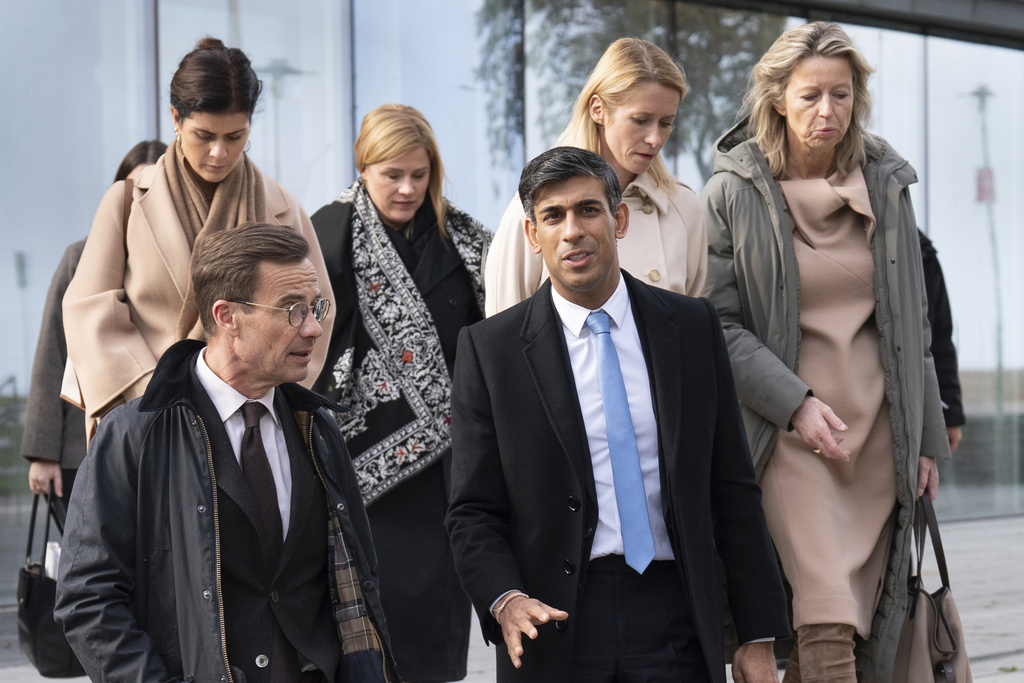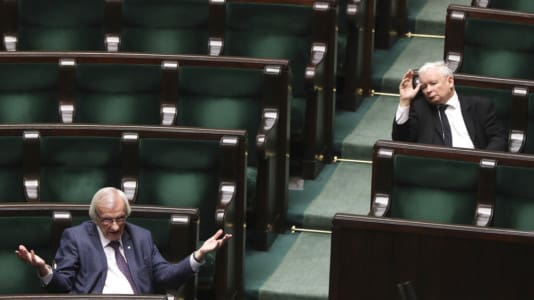In Poland, news of the summit between the Nordic nations, the Baltics, and the U.K. in Visby on Gotland went largely unnoticed.
U.K Prime Minister Rishi Sunak announced the deployment of 20,000 soldiers across northern Europe, including ships, planes, and helicopters, to protect critical infrastructure from Russia.
Recently, there was news about a mysterious leak in the gas pipeline connecting Estonia and Finland. NATO announced a response, but the U.K. was quicker.
In previous months, there were other reports of damage or attempts to damage critical infrastructure in the North and Baltic seas. Each time, suspicions arose towards Russia.
At the same time, there has also been speculation suggesting the formation of a “northern bloc” in international relations. Such an alliance would still be within NATO, but as understood, having some military and political autonomy.
The U.K. is the country in the West most realistically assessing the situation in Europe. The problem is that it has limited resources relative to its needs and capabilities. However, the 20,000 soldiers indicate that the U.K. prioritizes the “northern direction.”
Before our eyes, significant changes are taking place.





